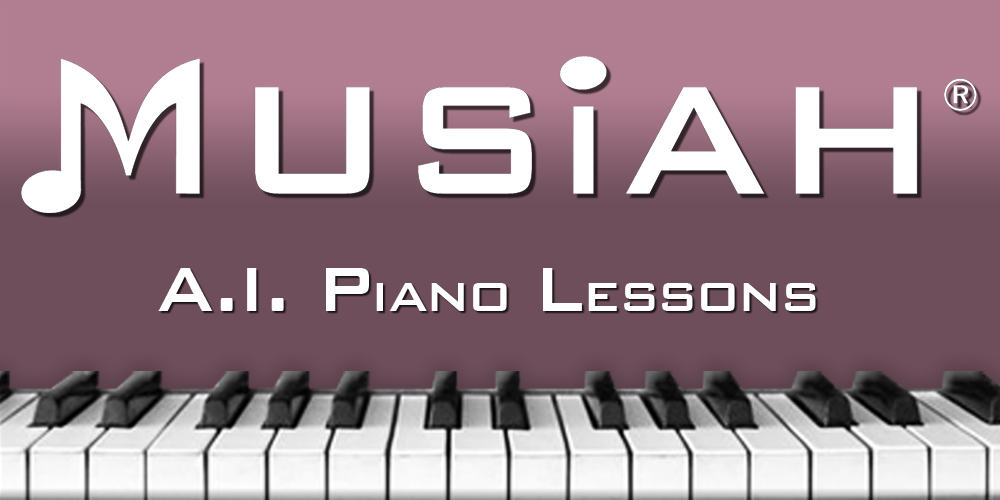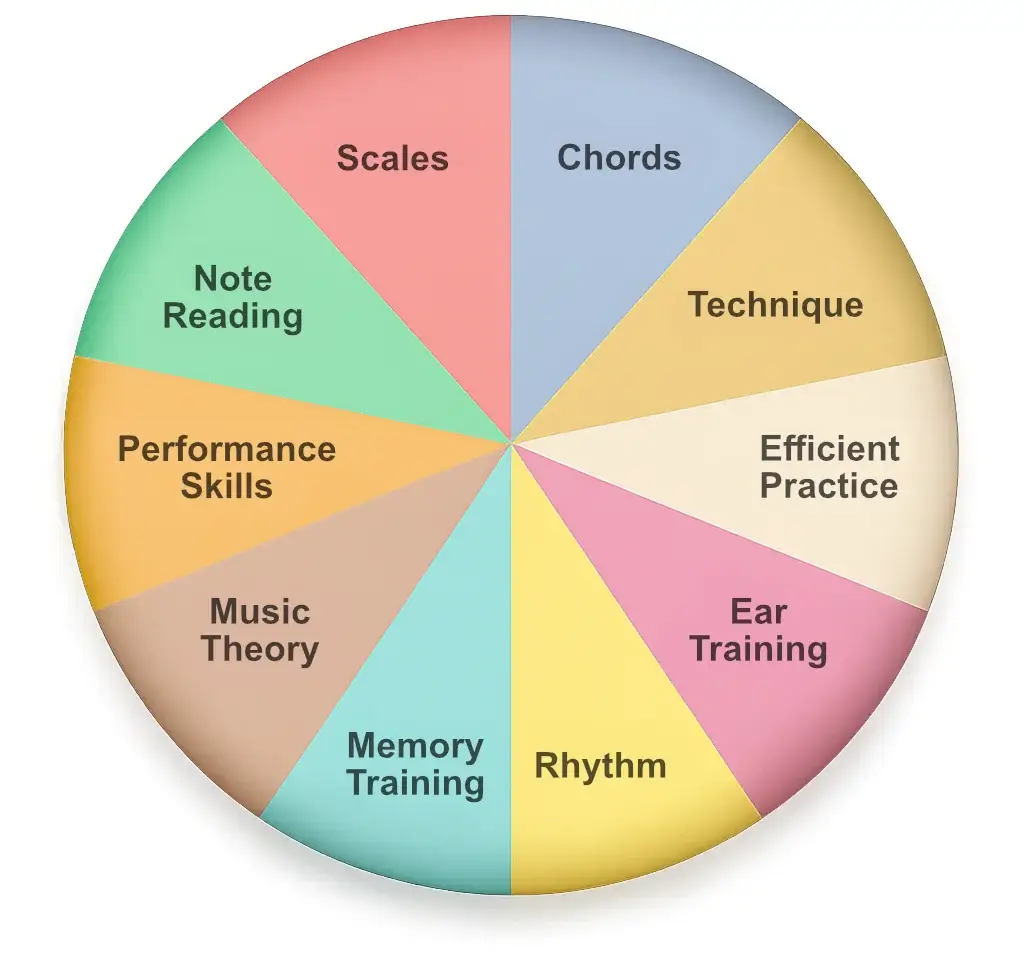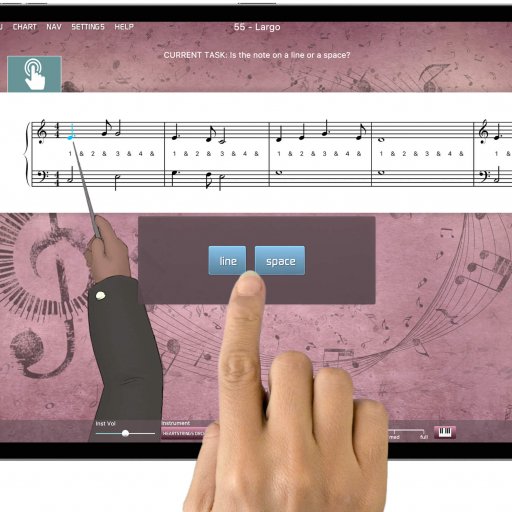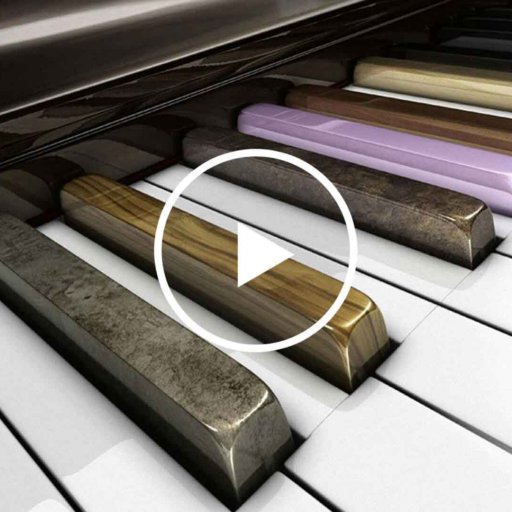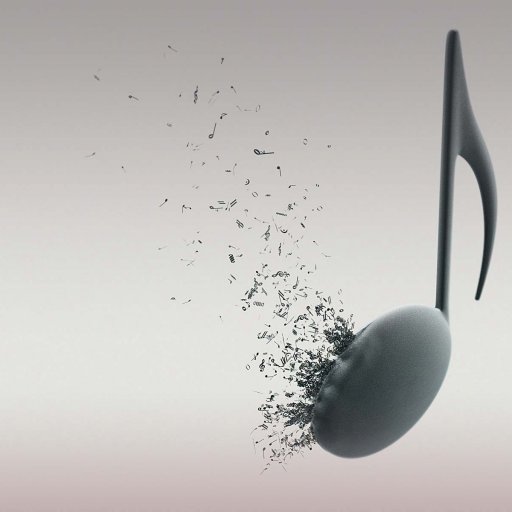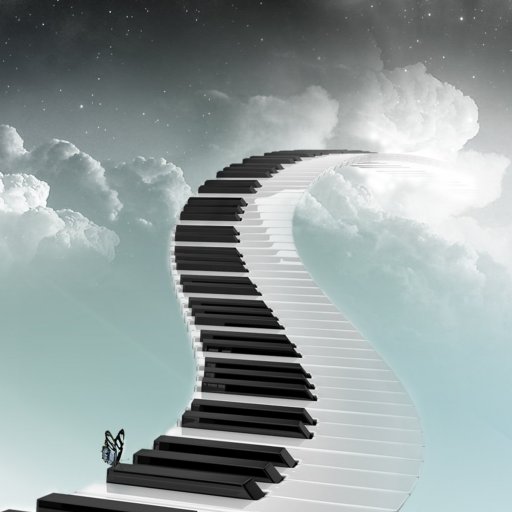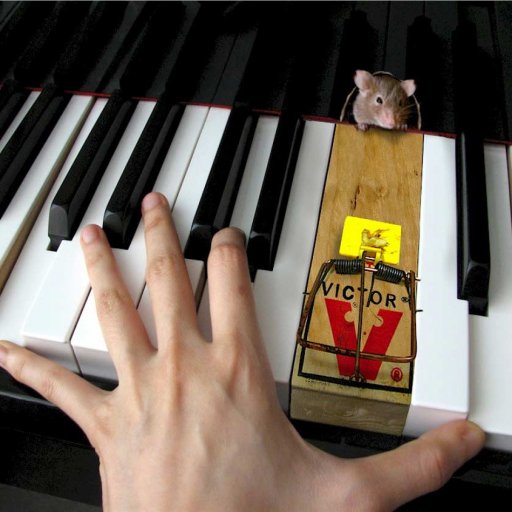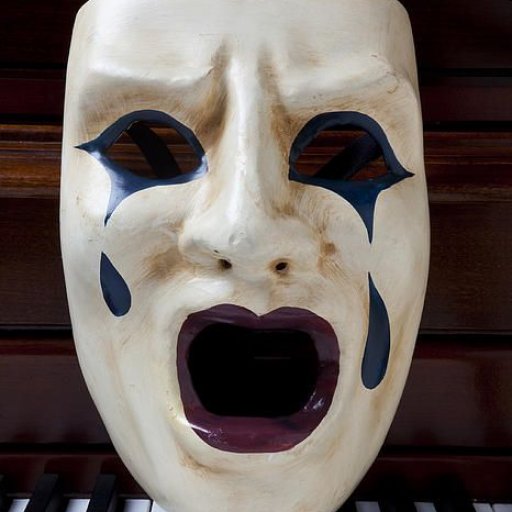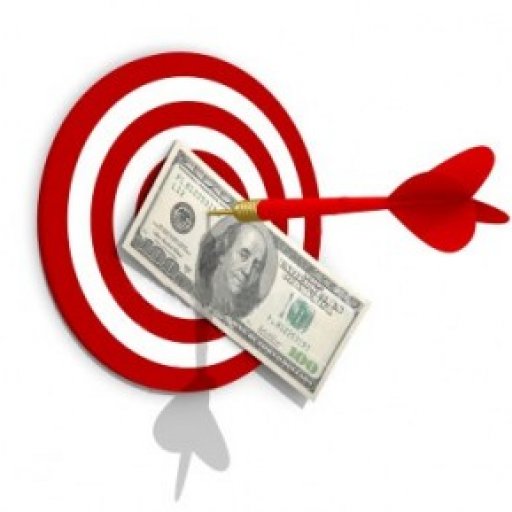What You Will Learn In Your Musiah Piano Lessons
A Complete Music Education...
In your Musiah piano lessons, you will receive a complete music education including (but not limited to) the following areas:
- Note Reading
- Scales
- Chords
- Piano Technique
- Efficient Practice
- Ear Training
- Rhythm
- Memory Training
- Music Theory
- Performance Skills
What you will learn with Musiah is equivalent to 6 years of traditional piano lessons, but with Musiah it will take a fraction of the time.

As celebrity music maestro John Foreman says:
With Musiah, you will be able to achieve in weeks or months what might normally take years to do. I think Musiah is fantastic… It is going to revolutionize the way people learn music”.
Your Complete Music Education — In Detail
1. Note Reading
In your Musiah piano lessons, you will learn how to read sheet music properly, i.e. how to read all the left hand (bass notes) as well as the right hand (treble notes).
This is very important as being able to read sheet music with ease will empower you to learn any song or piece of music you want to learn. Yet, surprisingly, many piano lessons do not teach this.
Other lessons skirt around note reading by teaching you to read chord symbols in lieu of the left hand (bass) notes, while others encourage you to ‘strum’ along (as if you were accompanying your own singing), so you never get to read chords and don’t even get to play the melody.
Other well-known methods encourage students to rely on playing pieces by ear or to learn by rote (by copying the teacher).
Just to be clear – none of these other approaches is satisfactory, and none of these methods will teach you how to read music.
Only a) Musiah piano lessons or b) traditional piano lessons will teach you how to read all the notes on the sheet music – but Musiah will do it much quicker.
The difference between Musiah and traditional piano lessons is that the Musiah piano method uses a range of unique teaching techniques that dramatically improve the efficiency of the traditional approach to piano lessons.
It’s a fun way to learn that makes so much sense!
Video: How the Musiah piano method teaches note reading
2. Scales
In your Musiah piano lessons you will learn a good range of scales… plus – you’ll also learn a system you can use to learn any scales (including scale-like passages you’ll often come across in songs).
Knowing how to play scales and understanding the fingering patterns used in scales has many benefits such as helping to you develop fast, agile fingers.
But there’s a common downside to learning scales which is that many students (of traditional lessons) find them boring.
Thankfully, Musiah piano lessons make learning scales fun by including a variety of backing tracks / drum tracks for you to play along to.
And the step-by-step system you’ll be taught to help you understand and remember scales, makes them easy to learn.
Are scales necessary? There are different views on this. Here at Musiah, we believe a balanced approach is best, so in your Musiah piano lessons, you’ll learn just the right amount of scales – not too few and not too many.
3. Chords
In your Musiah piano lessons, you’ll learn about chords [not just chord symbols – real chords made up of actual notes] and all things related to chords, e.g. intervals, triads, inversions, arpeggio exercises, chord fingerings and more.
As you progress through the course, chords are seamlessly introduced into the lessons so you’ll be actively engaged and playing chords while you’re learning about them.
You’ll learn about the structure of chords and, importantly, how to read chords on the sheet music which will empower you to play any advanced pieces you want to learn.
4. Piano Technique
What is piano technique?
In reality, it is an aggregate of many skills comprised fundamentally of;
- learning how the fingers, hands, arms, etc., are to be moved and
- conditioning the brain, nerves, and muscles to execute these with ease and control.
In your Musiah piano lessons, you’ll learn many aspects of playing technique. Examples include;
- how to correctly place your hands on the keyboard in the five-finger position
- how to pass the thumb correctly
- how to correctly position your hand when extending the thumb and / or little finger
- how to play phrasing, staccato, accents, etc.
- how to play grace notes
- how to avoid looking down at your hands while playing
- how to correctly look down at your hands if you need to
and much more… all of which will help you play faster and with more confidence.
5. Efficient Practice
In your Musiah piano lessons, you’ll learn how to practice and learn pieces efficiently which will have a huge impact of your rate of progress and the level of enjoyment you’ll get from your lessons and from playing generally.
This is a very important, fundamental part of your learning journey, and there are many aspects to it.
Firstly, just by having Musiah as your AI piano teacher, practice time and lesson time merge into one kind of perpetual lesson – so you’re already streets ahead.
Unlike traditional piano lessons where you are unsupported from one week’s lesson to the next, when you learn piano with Musiah, it’s like having your own piano teacher sitting next to you at every moment of your practice.
So you won’t waste time by mis-learning things that would have to be corrected by a traditional piano teacher at the next lesson. With Musiah, you’ll learn everything right – the first time.
Plus Musiah also has a profound depth of wisdom to impart regarding the learning process and how to get the most out of your practice.
For example, instead of practicing a piece from start to finish in one hit, students are taught a much more efficient, effective and easy system they can use to learn or practice any piece as follows:
- Segment the music into bite-size chunks, i.e. initially just take a small segment of the piece, say 1-2 bars and, going as slowly as you like, practice the left hand about 5 times just in that section/segment.
- Then, when you can comfortably play the left hand, do the right hand about 5 times until you can comfortably play it.
- Then try both hands about 5 times or until you are comfortable at your own tempo. Then do it a few more times, very gradually increasing the tempo each time — just in that segment.
Then progress to the next 1-2 bar segment and repeat this process.
To summarize this system of practicing and learning songs:
Do 1-2 bars; LH 5 times, RH 5 times, BH 5 times.
And there are countless further incredibly valuable practice and learning tips and techniques you’ll discover as you progress through your Musiah lessons.
To learn more about Musiah’s approaches to efficient practice, check out the articles on this site under the category — Practice Tips.
6. Ear Training
Ear training is generally known to be an important aspect of learning to play piano but few people understand why it is so important.
As you learn each piece, you will, of course, initially be learning mostly by reading the sheet music. However, both during the learning process and particularly after you have learned a song, it’s important to be able to ‘hear’ the sound of the piece in your head.
As you prepare a piece for a performance, especially if you’re planning to play it from memory, the piece should be memorized in several different ways — one of which is to memorize it by ear — by which I mean, initially looking at the sheet music as you SLOWLY play through the piece several times, at each moment try to imagine the sound of the next notes / chords just ahead of when you play them.
Then test yourself again (in small sections if necessary)… Can you at each moment (this time without looking at the sheet music) ‘hear in your inner ear’ the sound of the notes / chords that are coming up next?
In your Musiah piano lessons, ear training is woven seamlessly into the lessons, so you will develop this skill as you progress through the course.
Plus in the Musiah Games Area, there is a special section of games dedicated to ear training, so you can choose to work on this skill any time you wish.
7. Rhythm (including duration)
The importance of learning how to play the rhythm / timing of each piece correctly cannot be overstated. At a basic level, if 50% of music is notes, then the other 50% is timing.
In your Musiah piano lessons, you will learn how to read and understand rhythms and rhythmic patterns, and you’ll learn how to play the timing accurately and with ease.
As Kate B, a Musiah student from the UK who has tried just about every piano lessons product in existence writes in her Musiah review:
"Musiah’s great strength is the structure, discipline and that it teaches you the timing properly…
I have searched everywhere for tuition for piano lessons online, even purchased piano suite premier software… but it doesn't teach the rhythm perfectly, it doesn't contain staccato or triplets, or double clefs.
Piano marvel receives good reviews but lets the student get away with playing the wrongtiming in places, whilst Musiah is much more strict (in a good way) and encourages accuracy and perfection, requiring music pieces to be played to a high standard.
So, Musiah helps you to learn and master the really hard bits and this in turn makes reading complex rhythms elsewhere easier, so it’s definitely worth the effort…
… None of the others help me to keep focused and none really give me any feedback on the timing. I would definitely recommend Musiah, because it works!"
And there’s another very important but often overlooked aspect to rhythm / timing in which Musiah piano lessons excel — duration (whether each note is held for the correct length of time).
Is duration really part of rhythm / timing? Most definitely.
In many songs, the ‘feel’ of the beat is created just as much by when you release the notes as when you play them.
Rests (silences in the music) that are executed by letting notes go at the correct time are a powerful part of many pieces of music. Yet, at the time of writing, no other online piano lessons software assesses duration — only Musiah does!
8. Memory Training
Having or developing a good memory is fundamentally beneficial on many levels, not the least of which is that it will enable you to remember the pieces you have learned.
A good memory is a ‘must have’ if you wish to perform your pieces for others, especially without the sheet music. Yet no other piano lessons incorporate memory training into their music tuition – only Musiah.
More broadly, learning piano is widely known to be a great form of brain training.
It helps boost the academic results of young students while also improving cognitive function to stave off dementia in older students thereby enabling them to enjoy a higher quality of life with a more active brain.
In the case of Musiah piano lessons, these benefits are further maximized through lessons that are purposely designed to promote the development of eye-mind-hand coordination.
And for students who would really like to improve their memory… in the Musiah Games Area, there is a special section of games dedicated to memory training!
So now, whenever you want to, you can work on improving your memory (you just have to remember to do it)!
9. Music Theory
In your Musiah piano lessons, you will learn all the necessary aspects of music theory – which is, of course, very important because understanding music theory helps you read and understand the piano pieces you’re playing and gives you the skills to learn other pieces of your choosing.
However, there’s nothing worse in a piano lesson (or in life, generally) than long, boring explanations.
So, in Musiah piano lessons, through smart teaching techniques, all essential music theory is slipped into the lessons surreptitiously (I promise you’ll barely notice it — but it is there). So you’ll be learning theory while still being engaged in learning songs and playing piano.
As Matt C, a Musiah student from Bulleen VIC, Australia writes in his Musiah review…
"As a former professional musician myself, one of the things I appreciate the most about Musiah, is its very heavy focus on quality Music Theory, which is so essential and presents in such a way that children are generally only vaguely aware that they are learning theory - it's all just fun for them.
Keyboard instruction, skill development and music theory in a fun format - who would have thought that was possible? Clearly, Brendan Hogan; well done!"
Plus, in the Musiah Games Area, there are special sections of games dedicated to
- note reading (correctly identifying notes within a time limit) and
- sight reading (correctly playing as many notes as you can within a time limit)!
Note reading / sight reading are among the most fundamental aspects of music theory. So these games are great way to work on building your skills in these areas.
10. Performance Skills
In your Musiah piano lessons, not only will you learn how to read sheet music and play piano, you’ll also learn how to prepare for performances.
This is the ultimate skill set that ought to be taught in all piano lessons, but few if any other online piano lessons offer this.
At the end of each level of the Musiah course (the course is divided into 13 levels), you will be required to complete a performance challenge in which you must play a selection of 3 pieces in front of a virtual audience.
You’ll learn how to prepare for each performance challenge as well as how to cope with nerves, minor memory lapses, etc. as you perform.
These virtual performance challenges are as close as possible to the real thing but with none of the consequences of a real life performance, e.g. in the event of something going wrong.
In real life, if you completely fail during a performance, the consequences can, understandably, be quite upsetting and recovering from a bad performance can take a long time — so it helps if you already have the skills of a seasoned performer before you ever do your first real-life performance.
Enter Musiah! The Musiah virtual performance challenges provide a great platform for you to develop your playing skills under pressure (to an extent) in the privacy of your own home with no risk and no consequences.
If you fail, you can simply try again until you succeed. And in so doing, you will learn a tremendous amount and grow personally in ways that, prior to now, have only been possible in a traditional piano lesson / performance scenario.
Conclusion
The above information is just a summary outline of some of the key areas your Musiah piano lessons will cover.
To fully describe all that you will learn would require many volumes and, in all honesty, rather than reading about what you will learn, you would be better off jumping right in and experiencing first-hand how Musiah’s holistic tuition unfolds as you progress along your piano lessons journey.
And so, I warmly invite you to do just that – take our 14 Day Free Trial.
Thanks for reading,
Brendan Hogan L.Mus.A., A.Mus.A.
Piano Teacher & Musiah Inventor
I'm In – Start my 14 Day Free Trial
HELPFUL LINKS
Getting Started – What equipment do I need?
MIDI Keyboard Requirements for Musiah
RECOMMENDED ARTICLES
Online Piano lessons – Do They Work?
Piano Lessons For Adults
Piano Lessons For Kids
Piano Lessons For Beginners
Advanced Piano Lessons
Free Piano Lessons (on piano technique)
The Best Piano Method
The Best Piano Learning App
Learning To Play Piano As An Adult – Why it's easier than you think!
